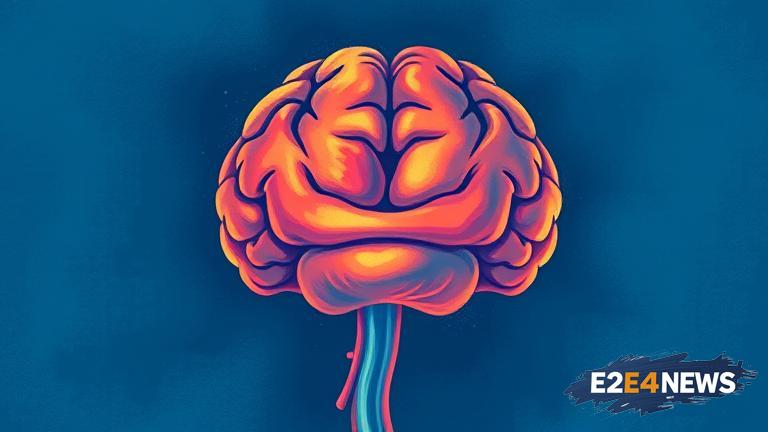A recent study published in a medical journal has raised concerns about the potential link between gabapentin use and an increased risk of dementia in older adults. Gabapentin, a medication commonly prescribed for nerve pain and seizures, has been widely used for its effectiveness in managing various neurological conditions. However, the new research suggests that its long-term use, especially in higher doses, might have unintended consequences on cognitive health in elderly patients. The study analyzed medical records of individuals over the age of 65 and found a statistically significant association between gabapentin use and the development of dementia. The risk appeared to be higher when gabapentin was taken in combination with other medications, such as opioids and antidepressants. Researchers emphasized that while the findings are concerning, they do not establish a direct causal relationship between gabapentin and dementia. They also noted that the benefits of gabapentin for certain conditions may outweigh the potential risks for some patients. The study’s authors recommend that healthcare providers exercise caution when prescribing gabapentin to older adults, particularly those with a history of cognitive impairment or other risk factors for dementia. They also suggest monitoring patients for early signs of dementia if gabapentin is deemed necessary. The findings have sparked a debate within the medical community about the need for further research to better understand the long-term effects of gabapentin on cognitive function. Some experts have called for additional studies to confirm the results and explore potential mechanisms by which gabapentin might influence dementia risk. In the meantime, patients and caregivers are advised to discuss any concerns about medication side effects with their healthcare providers. The study serves as a reminder of the complexities involved in managing chronic conditions in older adults, where the balance between therapeutic benefits and potential risks is often delicate. As the population ages, understanding the impact of commonly used medications on cognitive health becomes increasingly important. This research highlights the need for personalized treatment plans that take into account individual risk factors and medical histories. While the results are not conclusive, they underscore the importance of vigilance and ongoing assessment in the care of older adults. The study’s findings are likely to inform future clinical guidelines and may lead to changes in how gabapentin is prescribed and monitored in elderly patients. For now, healthcare providers are encouraged to weigh the evidence carefully and consider alternative treatments when appropriate. The research also opens up new avenues for investigation into the neuroprotective or neurodegenerative effects of gabapentin, which could have broader implications for the treatment of neurological disorders. Ultimately, the goal is to ensure that older adults receive safe and effective care that minimizes the risk of adverse outcomes while addressing their medical needs.
